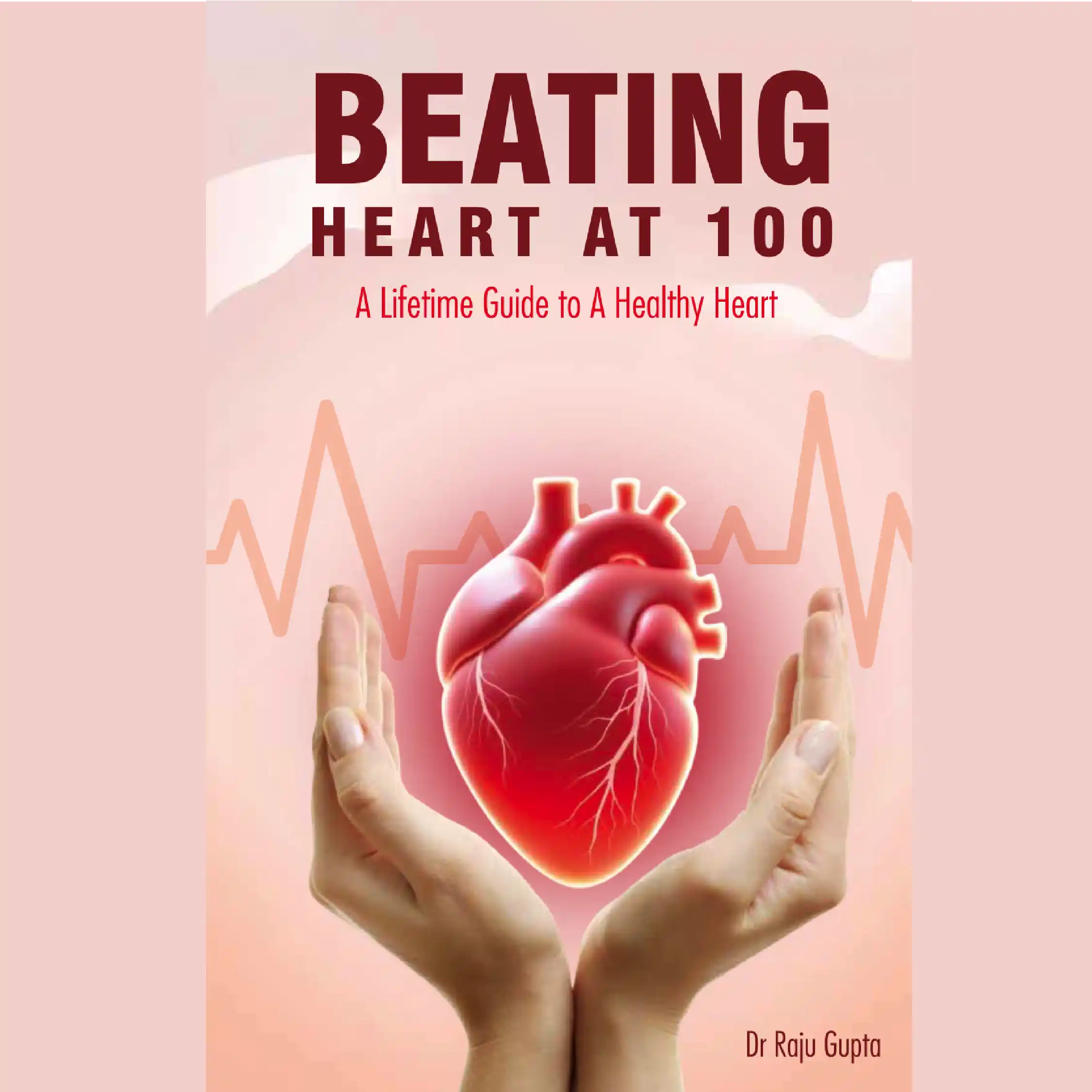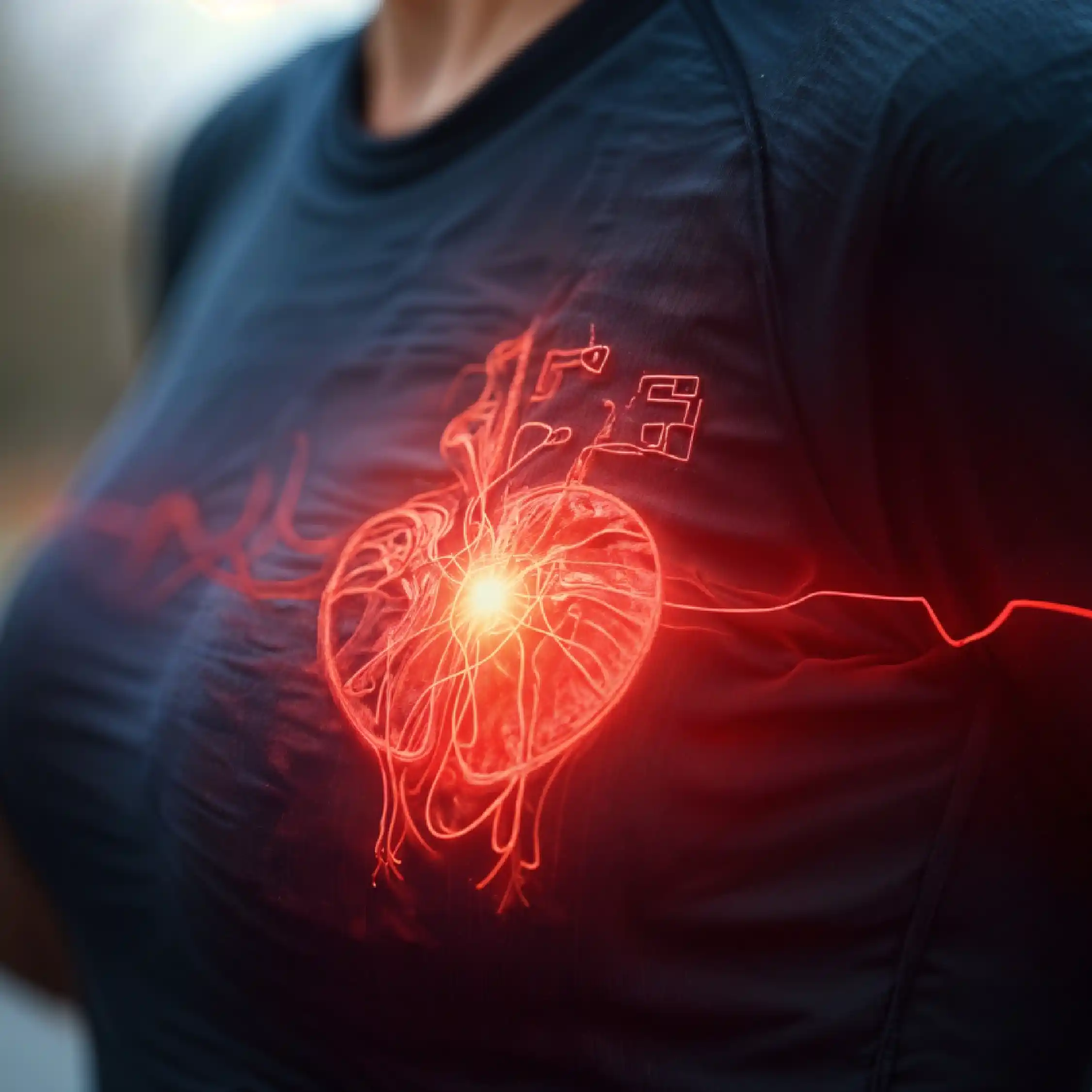The Night Shift Era — India’s 24×7 Economy
Let’s be honest — we built an economy that runs on sleeplessness. From tech to transport, hospitals to hospitality — 20% of urban Indian professionals work night shifts, according to a 2023 NASSCOM report. Add “Netflix till 2 a.m.” professionals, and that number easily doubles. We’re becoming a nation of inverted clocks — chasing global productivity at the cost of personal physiology. The result? Heart disease, diabetes, anxiety, and burnout — not in old age, but at 30.The Science of the Sleep-Work Mismatch
Your body has something called a circadian rhythm — a 24-hour biological clock that regulates everything from digestion to hormone release. When you sleep at night and wake with the sun, your body’s rhythm and nature’s rhythm are in sync. But night shifts flip that clock upside down. Now, you’re eating when your body wants to fast, working when it wants to rest, and sleeping when it’s programmed to repair. Over time, this mismatch becomes chronic circadian misalignment — a fancy way of saying your organs no longer know what time it is. And the heart pays the price first.What Happens Inside During a Night Shift
Here’s what your internal systems experience when your world is lit up at midnight:- Cortisol spikes all night. That’s your stress hormone — meant to wake you up in the morning. At night, it should drop. But for shift workers, it stays high, forcing the heart to work overtime.
- Blood pressure stays elevated. Normally, BP dips by 10–15% during deep sleep — the heart’s “resting hour.” Night workers miss that dip, keeping the cardiovascular engine constantly revving.
- Melatonin disappears. This “sleep hormone” doesn’t just induce sleep — it also protects heart tissues from oxidative stress. Artificial light and screen exposure suppress its release.
- Metabolism derails. Eating late at night confuses insulin cycles, leading to higher sugar, fat retention, and inflammation.




